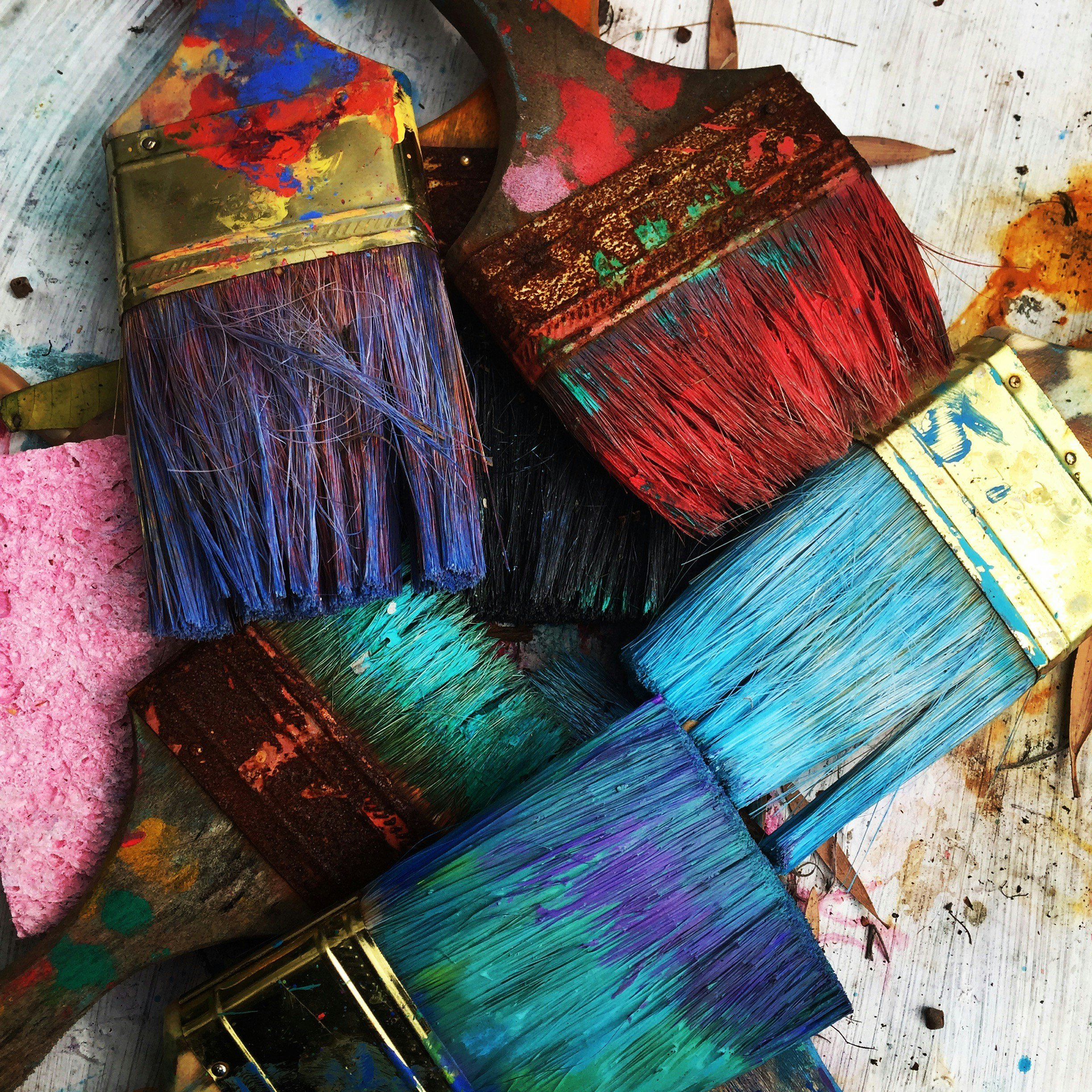Antidepressants made me come alive again
If you had a headache, you’d take paracetamol.
If you had asthma, you’d use an inhaler.
So what if I told you that taking antidepressants for depression was no different?
It’s true, but while mental health issues are more widely talked about nowadays, there remains a special type of stigma reserved for antidepressants.
Did you know that data from the office of national statistics shows that four in ten women aged between 16 and 29 have been affected by depression in the last year? The pandemic has posed difficulties for all of us, and with that, it’s more important than ever to allow people to do what it takes to get on the road to recovery.
Black and white
Recovering from mental illness is not black and white. There is no set answer.
Pills certainly aren’t for everyone. Everyone is wired differently and I know many people who just couldn’t get on board with them, and so turned to different techniques, such as counselling, cognitive behavioural therapy (CBT) or mindfulness practises.
But for many, they were the most helpful way forward.
And, while I won’t pretend to be any sort of expert on the topic, as someone who has first hand experience taking these pills, I feel strongly that nobody should have to be made to feel ashamed for being on them ever again.
I have always been very open about my experience taking antidepressants, because to me, it’s always been as simple as taking a prescription for a physical problem. It’s something I needed to get better and something that made me feel better.
This has often seen me having to explain myself to people who asked me “why would you not want to get better on your own?”, and “why would you want to put those drugs in your body?”.
Or, sometimes people would act as if I was about to be sent to a psych ward, and see me as a mentally unstable person. When in reality, I was about as stable on the pills as anyone can get and probably more stable than they were.
Comments such as the above are toxic, because it implies that to get help from modern medicine is a problem. It can cause a number of people who are struggling to not seek the help they need for fear of being judged.
And, people do not realise that you do not just take a pill and the work is done for you. There is still very much a degree of “getting better on your own”. It requires work and an active desire to improve things.
The chocolate bar
For some context, I was taking pills for both anxiety and depression.
I’ve suffered from anxiety and depression since I was young, but during a particularly bad stage a few years ago, I started taking antidepressants.
I'd suffered a few months of feeling so low that I was barely eating. I hid away from my friends, and had panic attacks almost daily. I struggled to do simple tasks. Getting up was a chore. I enjoyed nothing.
It eventually got so bad that I had a breakdown. I got the first train to my family home, where my mum begged me to get a doctor's appointment.
I sat down in front of the GP and cried. She consequently put me on an antidepressant called Citalopram.
Here’s the thing, the pills did not work overnight, it took at least a couple weeks for them to make any sort of difference.For me, I experienced feelings of being “spaced out” and dizzy, as well as being nauseous for around three weeks.
But, I remember the moment that I noticed they were starting to work.
I was walking to the shop when I realised that my debit card was missing from my wallet. I remembered seeing it as I left, meaning it must have fallen out on the pavement.
This was something that before, would have caused me to enter into a panic spiral, give up on going to the shops and stay in bed for the rest of the day. But instead, I calmly walked back up the pavement where I found it lying on the floor. I picked it up, and continued with my day.
I got to the shops, and I remember seeing a chocolate bar on the shelves. I had a strange feeling: I wanted some. I bought it for myself and experienced delight in eating it.
As someone who hadn’t been able to complete simple tasks such as going to the shops, let alone actually enjoy eating, in months, this was a breakthrough. I had begun to see through some of the fog in my brain and see a small light at the end of the tunnel.
And it only got easier from there.
Come alive
Antidepressants helped me come alive again. They helped me see myself for who I truly am, and not what depression makes me out to be.
Depression likes to trick us into believing we are it. Believing that we are nothing but the depression that encompasses us.
To visualise it, I felt like the pills were armed with swords and weapons, and were battling the black dog until it was injured enough so I could start to live my life again. t was me that truly finished it off and killed it.
I want to caution that the pills do not make it all better, but they weaken the all encompassing feelings of despair to where you are strong enough to battle it on your own.
And yes, while they do not work like that for everyone, for me, I truly cannot see why the stigma remains.
For many, the pills are a lifeline. And yes in some cases, just as effective as an inhaler for asthma. And it is about time they are seen as such.











